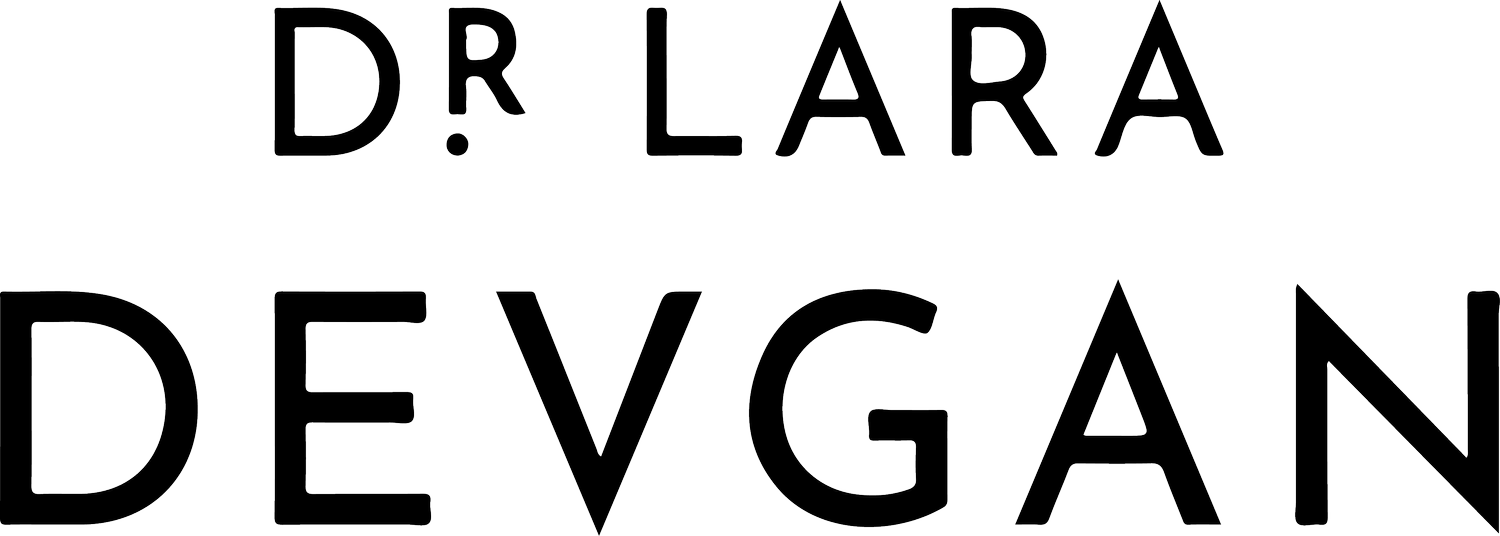There are hundreds of visually based social media accounts that cater to the plastic surgery industry. Many high profile surgeons have marketed themselves through Instagram and Snapchat. It is incredible how social media has even made its way into the operating rooms of surgeons! Consenting patients and surgeons are sharing these uncensored, graphic videos of going under the knife. It has become a popular trend to put in a specific hashtags like #drdevgan to search and find the latest beauty trends and operations. It has become a an effective marketing strategy to reach new clients. It is incredible how platforms like Instagram make it fun and easy to control and show the world your content.
By sharing photos and videos of surgical procedures and final results, surgeons like Dr. Devgan have built a monumental following of people who regularly check and engage in their content. This has positively influenced the growth in popularity of surgeons. Ten years ago patients would bring in a magazine photograph of a super model or celebrity and now people are bringing in Instagram filtered photos of themselves.
Dr. Devgan agrees that it is a great way to market yourself but like anything else there are pros and cons to using social media to find your surgeon. Social media is unregulated, which makes it hard to thoroughly and diligently make sure what you are seeing is safe and accurate. We must be careful when watching certain doctors and surgeons who are not board-certified like Dr. Devgan and many of her colleagues. There are plenty of questionable characters abusing the lack of regulation online. Dr. Devgan herself has had her photos and videos stolen!
To view entire article click here.















